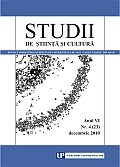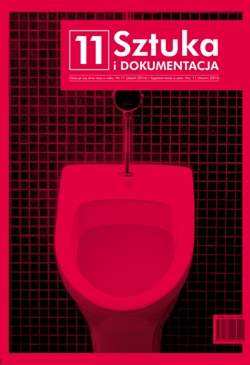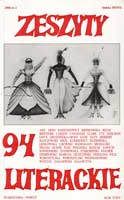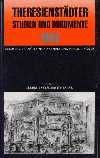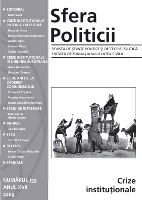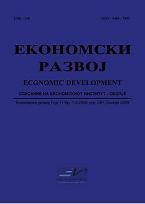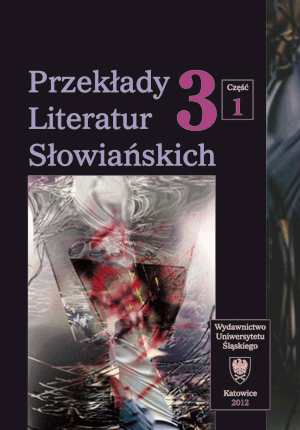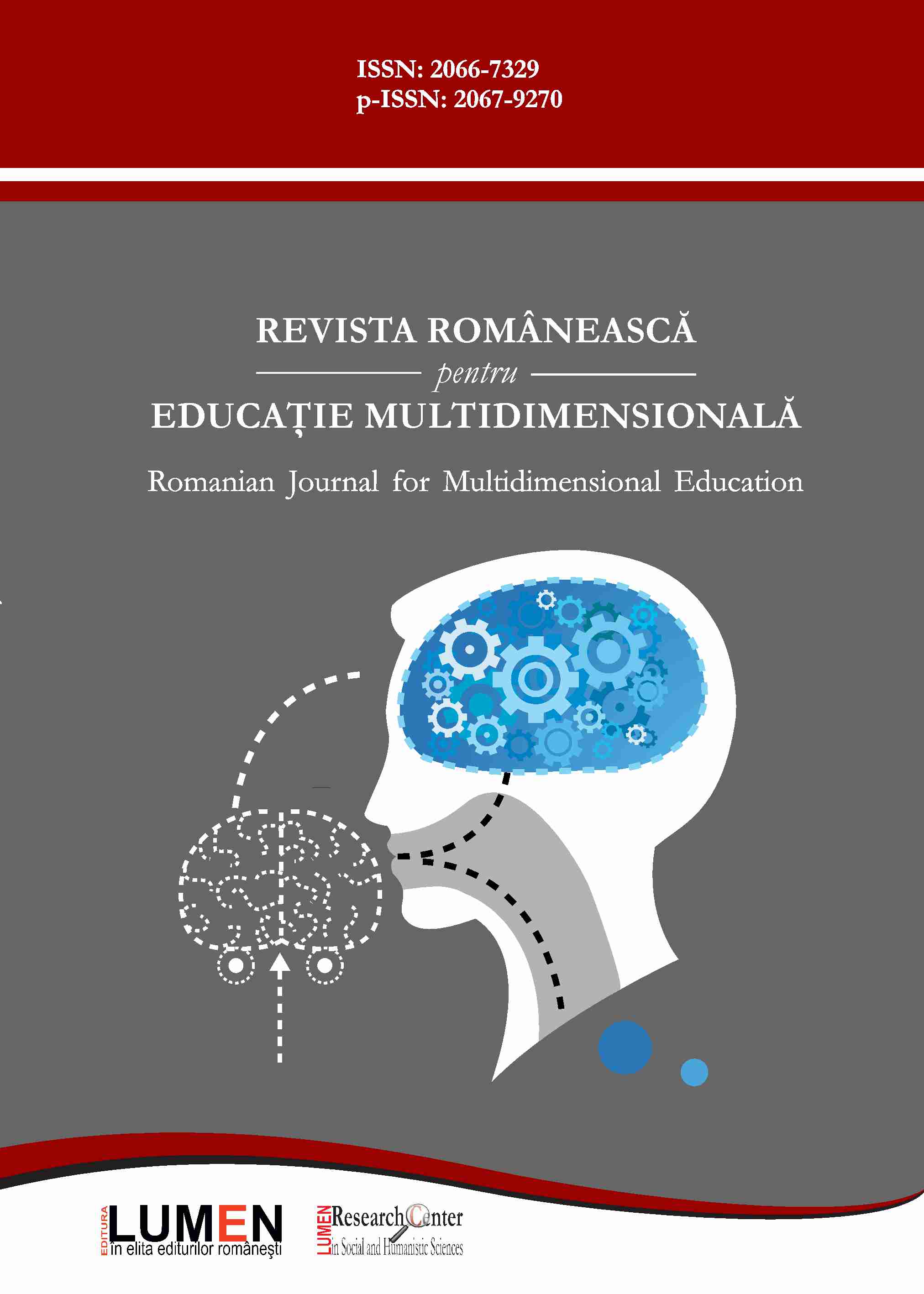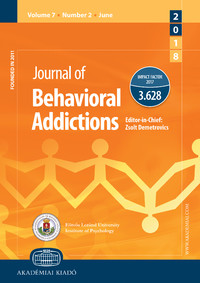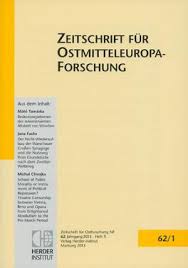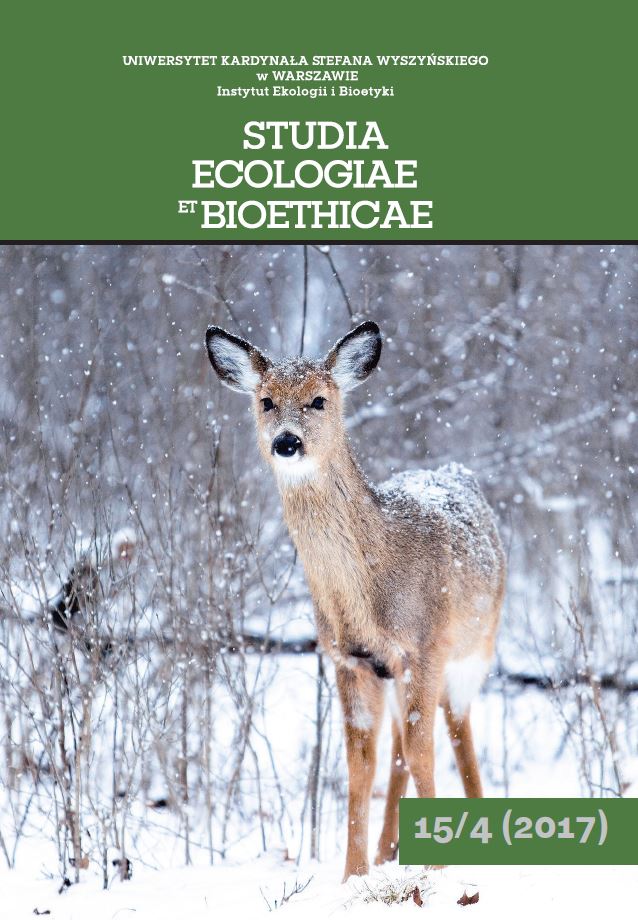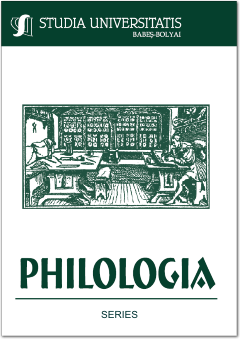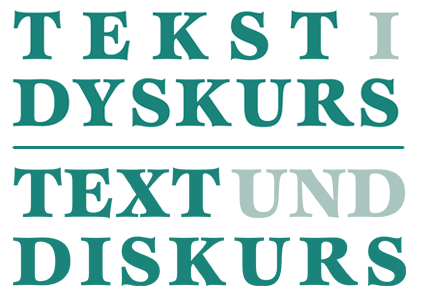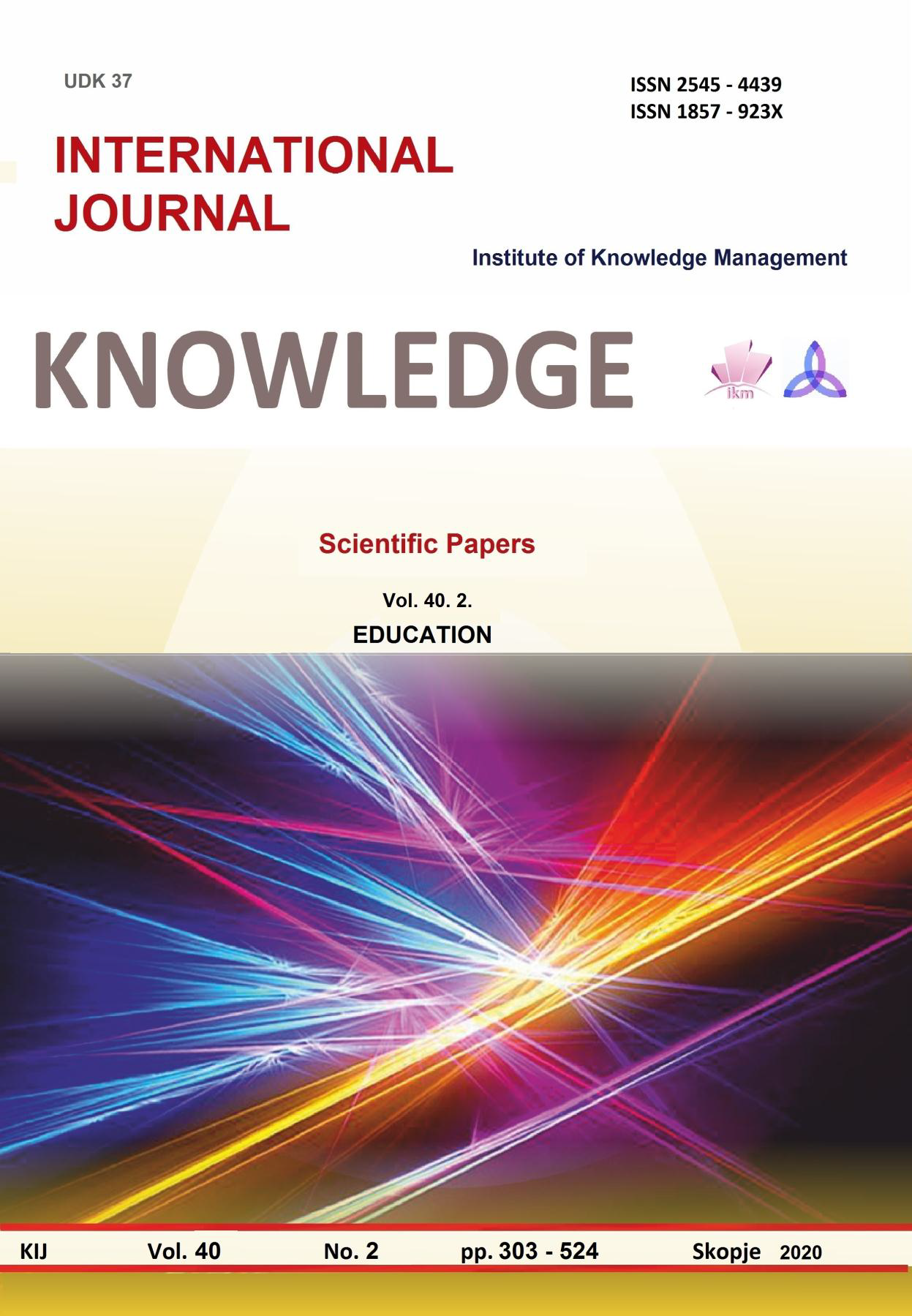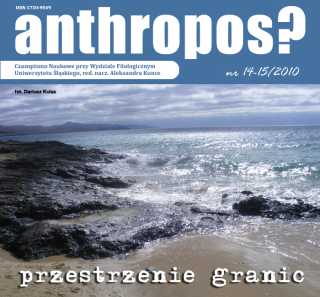
The limit of the urban
Granice miejskości
Keywords: borders; urban areas; places; experience
In this dispute author has confirmed, that in the newest anthropological and sociological scientific research the idea of urban notion is the own subject of cognitive paradigm, which contain the modern city. Moreover, author thinks, that urban constitutes and makes boundary lines in which claims the name theater mundi - also has known as the part of theater of the human life. The Author quotes article written by Louis Wirth called Urbanism as a way of life, who defined the urban as a crucial moment, which consist of the boundary line in the city and all paradigm concerns about the movement of city exploration. The Essay has concentrated on the ways, which present urban as the specific city attribute. The Author thinks, that city or metropolitan city at all give much more freedom, than life in the country, but man have to prepare, that when he will choose living in the metropolitan city, he will be feel as the Stranger. This way convict him to apathy, loneliness, alienation and even extreme melancholy. The Urbanity experience put pressure on the alienation, which can be understand, as the disintegration. The Next issue treats "urban place" as the agora in the modern city. In this way city and metropolitan city constitutes fortified "center" or even central point, which has existed in faint boundaries. Through the urban, man can try understand the space and concept of the city in a wide open ways, because as the author has convinced - urban makes the boundary line as the etymology. The Urban as the main category is the crucial point, which explain the city character. In fact, author thinks, that this way shows, that urban always will be in present time for the mentality of residents. This Essay was trying to confirm, that urban is very helpful, when it is necessary to know and find experience point in the boundary lines. The Urban - as the author shows - mostly presents and marks metropolitans ability vision. That is why, in the last conclusion, author quotes Roland Barthes's work - because he confirmed, that vision or "to see something" means - to get in the right place.
More...
